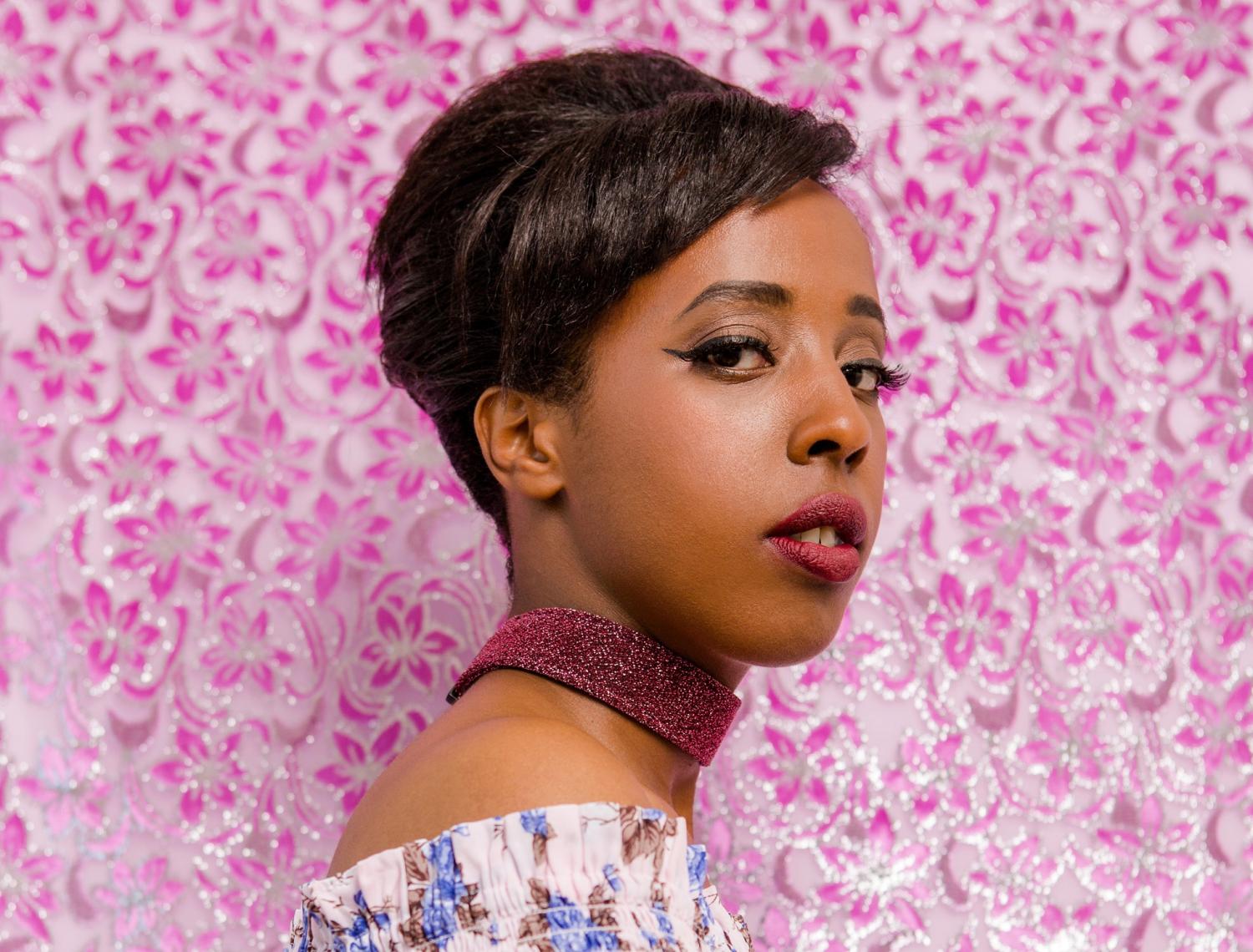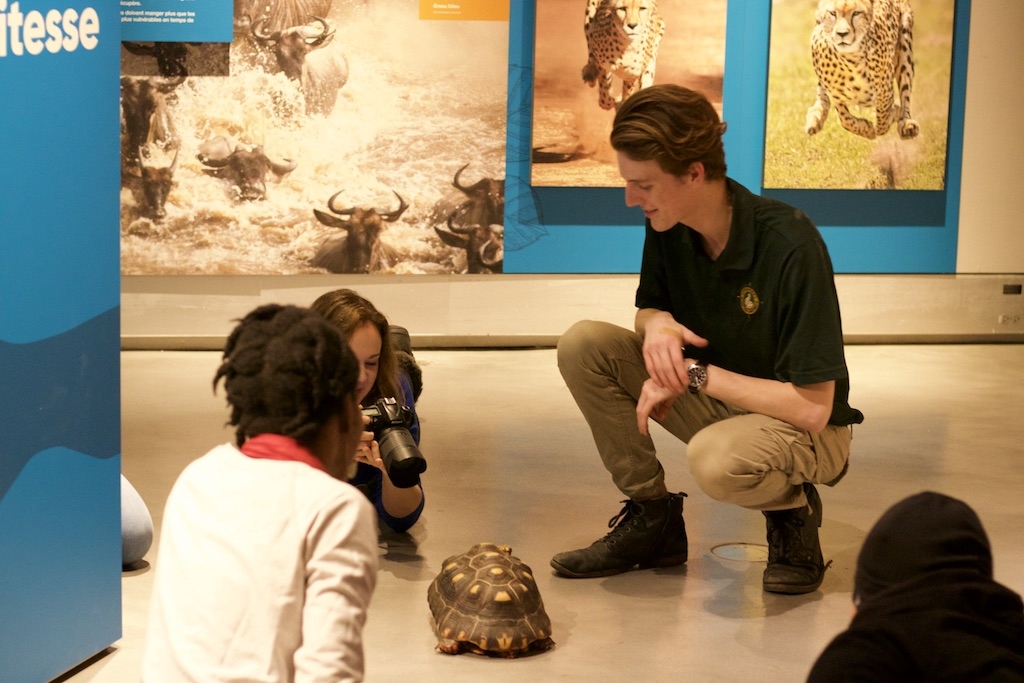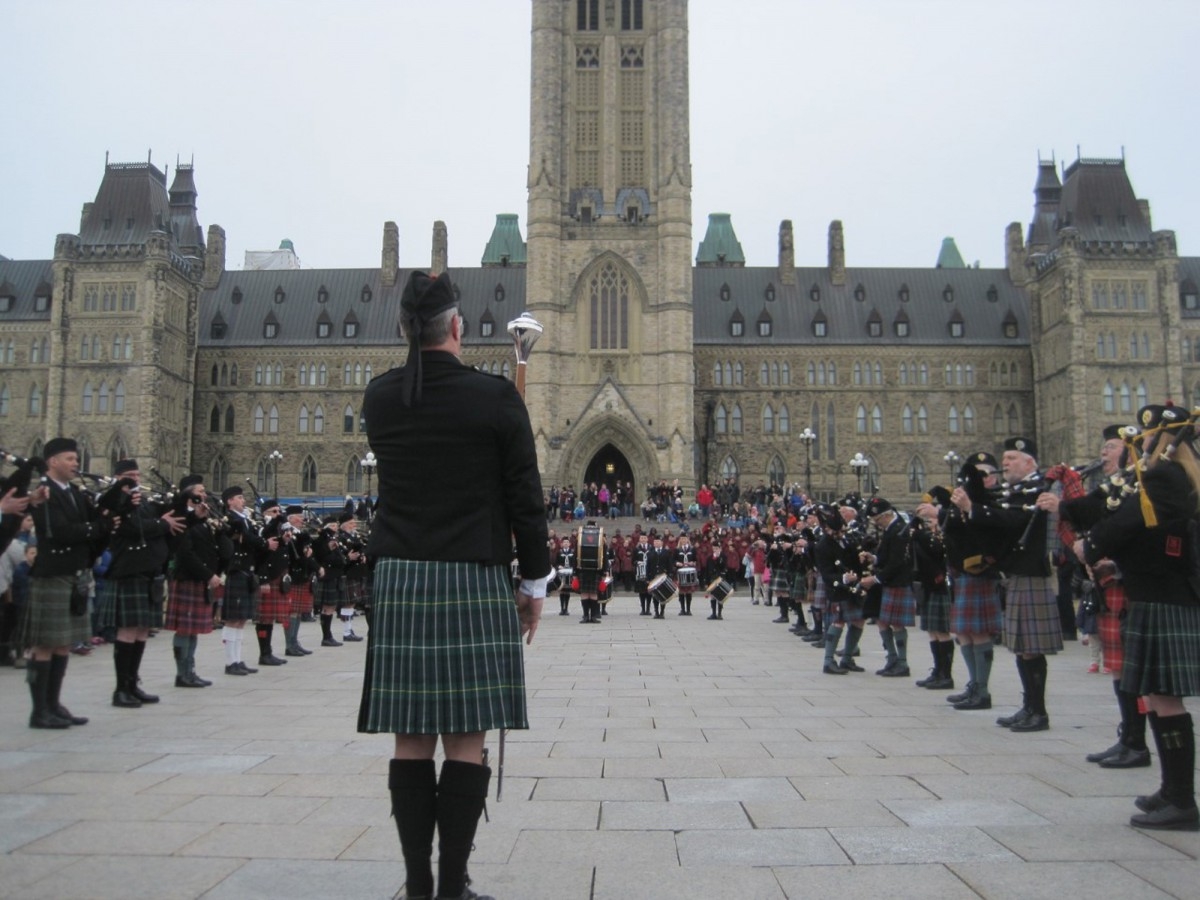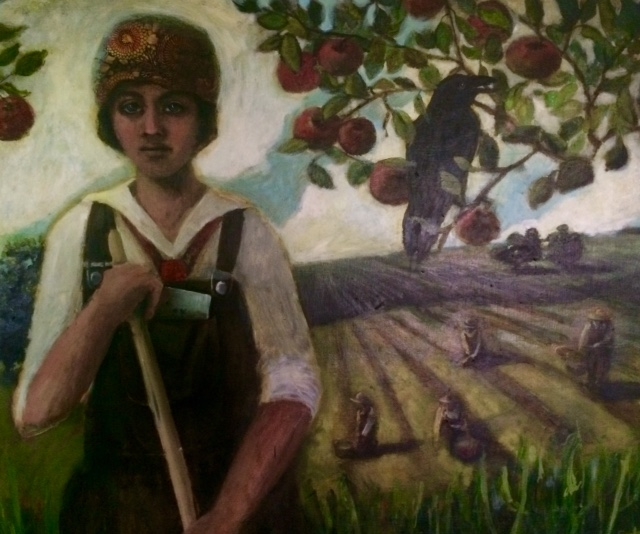
Cold Specks Recharges
Photo by Neva Wireko
After a turbulent few years, Ladan Hussein (aka Cold Specks) had to return to her native Toronto to reset herself. Spending time with family, Hussein was able to explore her Somali roots and reshape herself as a musician. Returning with her latest album Fool's Paradise, Hussein brings softer vocals and a more pensive sense of musicality for her most introspective album to date. We chatted with Hussein ahead of her December 2 show at the 27 Club to talk about her move back home and what inspired her more stripped-back approach.
Ottawa Life: What led you to exploring your Somali roots so deeply for this album, and what was your favourite discovery in the grainy videos you found online?
Ladan Hussein: Definitely, thematically and lyrically the current dialogue on refugees and Muslims seeped into my writing process and was a reflection on that, being a black, Muslim woman in a crumbling world. There was a singer by the name of Fadumo Qasin and her song "Aaway Hee," and just a lot of female singers inspired the Diaspora on many of the songs, as well as some love songs. I learned to not analyze it too much on songs.
Is this also what led you to emulate the VHS look in something like "Wild Card", or was that a happy coincidence?
Completely! I obsessed over a lot of these Somali pop songs from the seventies and eighties, so a song like "Wild Card" came from how soft and beautiful these songs were, while I was obsessing over them. So when it came time to making the video, I really wanted to emulate it as much as possible and be these women, it was completely deliberate.
Considering all the alter-egos you've taken over the years, was it a challenge to be so transparent and personal on this record?
I've always been personal, but I've just been vague and never discussed the subject matter in the press, mostly because I was having my own issues and a quarter-life crisis. They've all been personal records though, except for the second one. This time I just didn't analyze it too much.
Has your return to Toronto influenced this introspective and more personable look as well?
For sure. I was in a relationship for a number of years, living in Montreal. It crumbled, and then I moved back to Toronto with my parents until I figured out what was next. Then I kept getting my heart broken over and over again letting strangers into my head. So it was nice to be surrounded by my six siblings, my family and parents who I hadn't talked to much in such a long time. After such a significant relationship ended, it was remembering who I was, it was beautiful. I credit my family a lot with this record and helping me find myself again.
How did you end up working with Moby and Massive Attack between records, and was there any one you collaborated with recently that influenced Fool's Paradise?
Yeah it's really interesting, because I like to think that I'm this small independent artist that nobody knows about. But all of these people kept hitting me up and asking to collaborate. Moby reached out in 2013 and we collaborated. Massive Attack reached out in 2011 first, and we stayed in touch. We messed around and jammed in the studio in Bristol. I was getting a glimpse into Robert Del Naja's writing process and creating process, just being a fly on the wall, it was very interesting. Massive Attack is one of my favourite bands, growing up my mother's little sister's favourite bands was Massive Attack so I grew up around that. When I left those sessions I remembered how much Blue Lines meant to me, so a lot of the hip hop and trip hop sounds on the record are inspired by Massive Attack.
What led you to the more quite and stark production of this latest album, considering the guitar drive of Neuroplasticity?
With Neuroplasticity I'd come off of a touring season from the first record, so I no longer wanted to make sparse, acoustic music because I'd been playing it for years. I just wanted to make noise so that record is a reflection of that for sure, and a reflection of the chaos and deafening silence of my mind. This time I spent time away from touring, learning how to sing again, write again and learn how to not be completely exposed. It was a wonderful process.
I also understand you wanted to sing softer this time around, so how did you go about changing your vocal style?
When I first started singing at sixteen, I was singing the way I sing on Fool's Paradise, that's how I initially sang. But I was very messed up for a number of years and I wanted to scream, so I Predict A Graceful Expulsion was a very raw record that was recorded over a number of days. It exists forever, and my voice was broken and very harsh. That record reflects on deep dark spots that are forever trapped in time. It just took me a while to not be afraid of being soft, because I'm usually attracted to darker, louder things.









